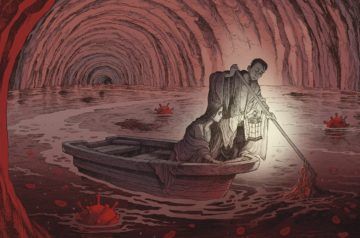Cassandra Willyard in Nature:
 Researchers are baffled by long COVID: hundreds of studies have tried to unpick its mechanism, without much success. Now some scientists, and an increasing number of people with the condition, have been lining up behind the as-yet-unproven hypothesis that tiny, persistent clots might be constricting blood flow to vital organs, resulting in the bizarre constellation of symptoms that people experience.
Researchers are baffled by long COVID: hundreds of studies have tried to unpick its mechanism, without much success. Now some scientists, and an increasing number of people with the condition, have been lining up behind the as-yet-unproven hypothesis that tiny, persistent clots might be constricting blood flow to vital organs, resulting in the bizarre constellation of symptoms that people experience.
Proponents of the idea (#teamclots, as they sometimes refer to themselves on Twitter) include Etheresia Pretorius, a physiologist at Stellenbosch University in South Africa, and Douglas Kell, a systems biologist at the University of Liverpool, UK, who led the first team to visualize micro-clots in the blood of people with long COVID. They say that the evidence implicating micro-clots is undeniable, and they want trials of the kinds of anticoagulant treatment that Hawthorne is considering. Pretorius penned the Guardian article that caught Hawthorne’s attention. But many haematologists and COVID-19 researchers worry that enthusiasm for the clot hypothesis has outpaced the data. They want to see larger studies and stronger causal evidence. And they are concerned about people seeking out unproven, potentially risky treatments.
More here.
